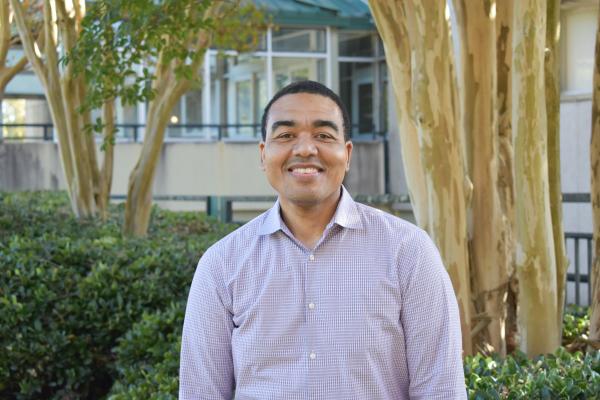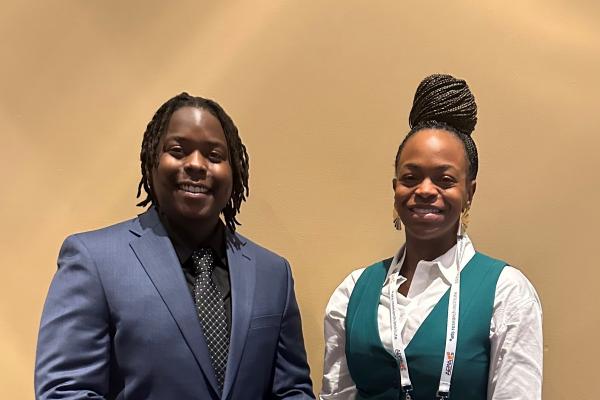Advancing knowledge to transform children's lives
The UNC Frank Porter Graham Child Development Institute transforms the lives of children and families through interdisciplinary research, evaluation, implementation, technical assistance, and outreach.
We generate knowledge, inform policies, and support practices to promote positive developmental and educational outcomes for children of all backgrounds and abilities from the earliest years. Our ultimate aim: to help each and every child reach their full potential. Learn how we work to accomplish this.
FPG News
Over the years, people from more than 180 countries have relied on our publications and resources to support their work on behalf of children and families. Our library includes more than 2,000 journal articles, policy briefs, assessment tools, learning modules, and multimedia to support multiple audiences at home and abroad.
COVID-19 Resources
The UNC Frank Porter Graham Child Development Institute is proud to offer a range of evidence-based resources and tools to support families and caregivers, children and adolescents, early childhood and special education professionals, and other human services professionals during the COVID-19 pandemic.





